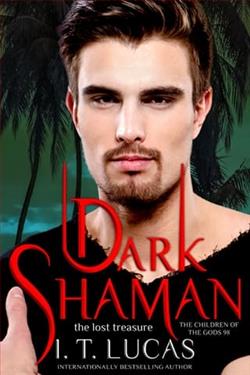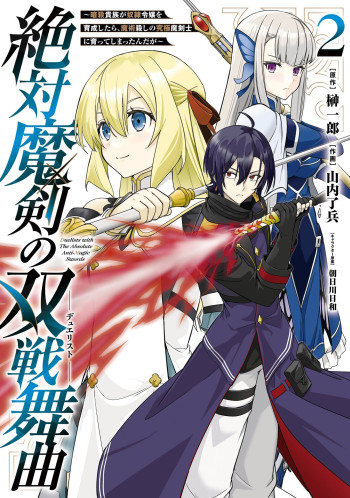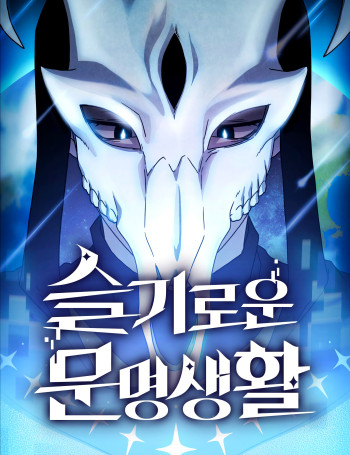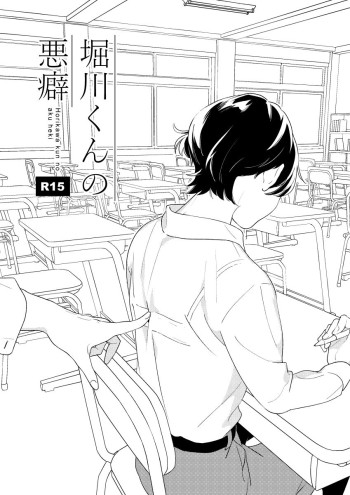Martial Peak Reviews
I.T. Lucas's Dark Shaman: The Lost Treasure is a compelling blend of fantasy, adventure, and introspection, weaving a narrative that is as much about the external quest for sacred treasures as it is about the internal journey of its protagonist, Eluheed. The novel is a rich tapestry of themes, character development, and moral dilemmas that will captivate readers who enjoy stories of immortality, mysticism, and the human condition.
At the heart of the story is Eluheed, an immortal shaman burdened with the sacred duty of protecting and recovering treasures buried beneath Mount Ararat. Lucas crafts Eluheed as a complex character, one whose immortality is both a gift and a curse. The weight of his duty is palpable, and his isolation as the presumed sole immortal on Earth adds a layer of melancholy to his character. This isolation is shattered when he is captured by a Russian mobster and sold to a mysterious warlord, revealing to him that he is not as alone as he once believed.
The novel's setting—a remote island where Eluheed is imprisoned—serves as a metaphorical and literal cage. Lucas uses this setting to explore themes of captivity and freedom, both physical and spiritual. The island is a luxurious prison, filled with "broken souls," each with their own stories of loss and survival. It is here that Eluheed's character truly begins to evolve. His interactions with the other captives, particularly a resilient female ally, force him to confront his own beliefs and desires.
Lucas excels in character development, particularly in the dynamic between Eluheed and his unexpected ally. This female character, whose spirit refuses to be crushed despite her circumstances, serves as a catalyst for Eluheed's transformation. Through their relationship, Lucas explores themes of hope, resilience, and the power of human connection. The bond they form is both a source of strength and a complicating factor in Eluheed's plans for escape.
The narrative is driven by Eluheed's internal conflict: the choice between returning to his sacred duty or risking everything for a chance at a life he has never known. This moral dilemma is a central theme of the novel, and Lucas handles it with nuance and depth. The stakes are high, and the choices Eluheed faces are not clear-cut, reflecting the complexities of real-life decisions. This adds a layer of realism to the fantasy elements of the story, grounding the narrative in relatable human emotions.
Lucas's writing style is both evocative and immersive, drawing readers into the world of Dark Shaman: The Lost Treasure with vivid descriptions and a keen attention to detail. The pacing is well-balanced, with moments of intense action interspersed with quieter, introspective scenes that allow for character development and thematic exploration. The dialogue is sharp and often poignant, revealing the inner workings of the characters' minds and the dynamics of their relationships.
In terms of thematic exploration, the novel delves into the nature of immortality and the burdens it carries. Eluheed's immortality is not portrayed as a simple gift; rather, it is a complex state of being that comes with its own set of challenges and responsibilities. Lucas invites readers to ponder the implications of living forever, particularly in a world where others do not share this trait. The novel also touches on themes of power and control, as seen in the dynamics between the captives and their captors, and the ways in which individuals navigate these power structures.
Comparatively, Dark Shaman: The Lost Treasure shares thematic similarities with other works in the fantasy and adventure genres, such as Neil Gaiman's American Gods and Deborah Harkness's A Discovery of Witches. Like Gaiman and Harkness, Lucas blends elements of mythology and the supernatural with a deep exploration of human emotions and relationships. However, Lucas's focus on the shamanic aspects and the unique setting of a remote island prison set this novel apart, offering a fresh perspective within the genre.
Overall, Dark Shaman: The Lost Treasure is a thought-provoking and engaging read that will appeal to fans of fantasy and adventure, as well as those who enjoy stories that delve into the complexities of the human experience. Lucas has crafted a narrative that is both entertaining and meaningful, with characters that linger in the mind long after the final page is turned. The novel's exploration of duty, freedom, and the power of human connection makes it a standout addition to the genre, and a testament to Lucas's skill as a storyteller.







![The World of Dating [Official]](/upload/pic/manga/the-world-of-dating--official-.webp)















Reviews 0
Post a Reviews: